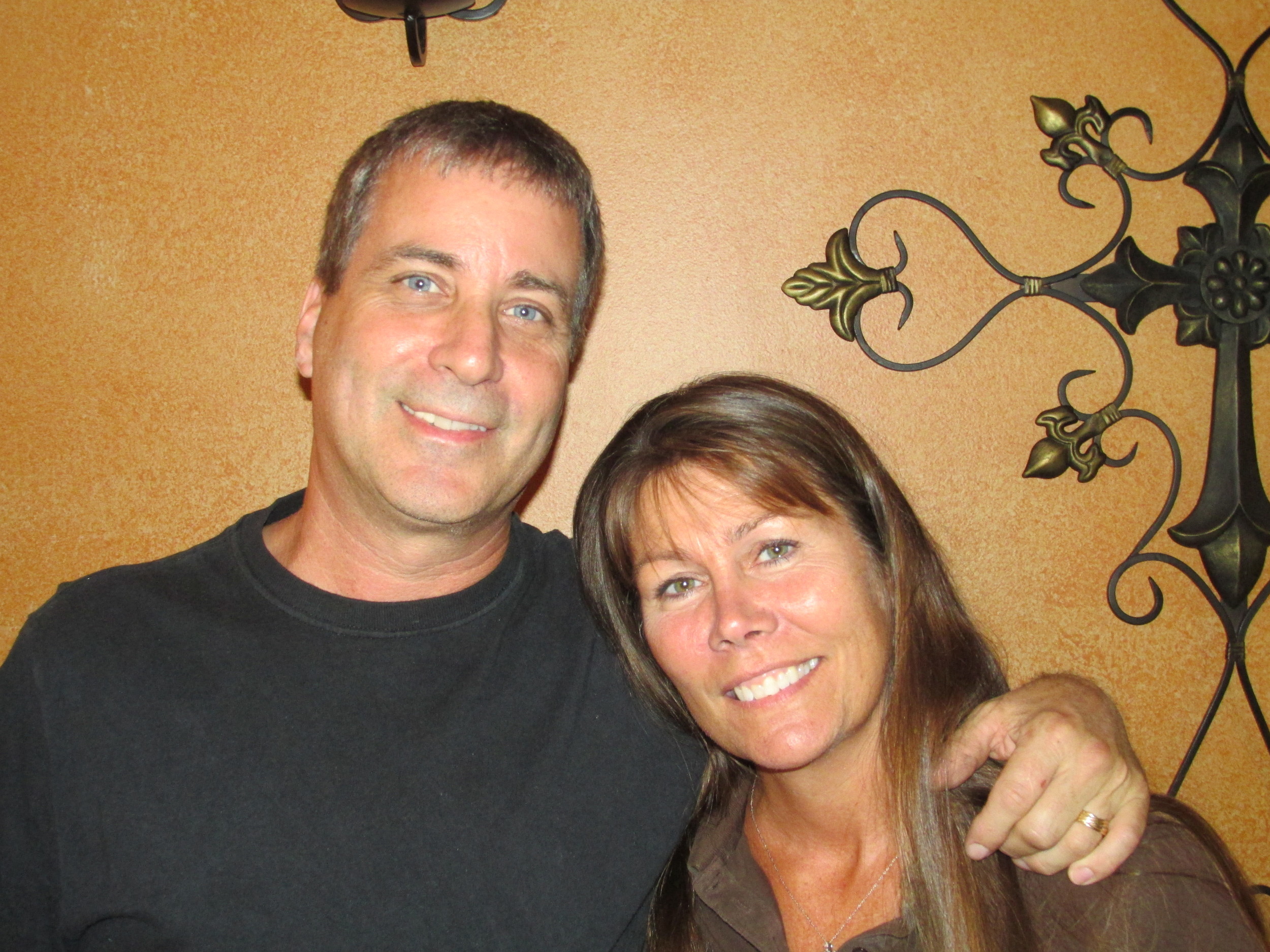In November 2013 SNAP Benefits were cut for all Americans. As expected, this decrease in benefits has caused “hardship” and “food insecurity.”
This affects 23 million households (22 million children) in the United States, which fall into these two circumstances. Approximately 10 million of the children already live in “deep poverty,” due to family income below half of the poverty line. 9 million others are disabled or elderly.
JC's Soup Kitchen
Food Stamps are also known as SUPPLEMENTAL NUTRITION ASSISTANCE PROGRAM (SNAP).
There are 250+ food banks in the nation that distribute food to nearly 50,000 local feeding programs in communities across the U.S., including soup kitchens and food pantries. (Sodexho Foundation)
Traditionally, the hungry have been helped by the church. Soup kitchens, since times of antiquity, have been operated by churches. Most still are today.
Florida, a state hard hit in the economic crisis has 3,548,465 on SNAP. November’s SNAP cut has affected an estimated 3,552,000 in the state. That is 18% of the state’s population.
JC's Soup Kitchen
In Martin County, 59% of single mothers live in poverty, 29% of the children also do, and 5% of those over age 65 as well (2009 Census).
JC's Soup Kitchen
In neighboring St. Lucie County, the poverty rate is 20.3% for all ages, but climbs to 31.7% for children under age 18. (State of Florida 2011)
In Martin County, Florida, there are eight soup kitchens. Only one soup kitchen has a few toiletries available. Another hands out day old baked goods from Publix supermarkets. In Jensen Beach, Florida, within Martin County, there are four food pantries. Every single establishment is run by a church.
Lorri and Gary Formelio
The cuts to the elderly in Martin County have been creeping up, food stamps here were cut prior to November. Without reason, letters received in the mail were marked “ineligible.” One senior lost only $16 a month. But that small amount covered her milk, eggs, cheese and hamburger meat. Now she gets by with much less—no milk, only one or two eggs per week, little cheese and she goes to a pantry for hamburger. For evening meals, she attends a soup kitchen. This senior had been receiving SNAP for the last year and a half.
JC’s Soup Kitchen operates out of First Baptist Church of Jensen Beach—begun four and a half years ago by a few couples including Gary and Lorri Formelio.
They typically seat between 70 to 100 visitors each Tuesday evening. Two cooks, one of them Gary, are in the kitchen weekly. Rarely is soup on the menu, more often it’s a full meal, including vegetables and dessert. Olive Garden is a regular donator of meals. Lorri states that more restaurant food donations are needed. Also, fresh produce is needed to hand out .
Lorri adds that this sector of society has many disabled and elderly; they are exhausted from life itself, and frankly, they don’t know what they will do because of the food stamp cuts.
JC's Soup Kitchen
Gary Formelio has the solution: Every church in America must set aside a closet or a room for food pantry items to be distributed to those in need. It should include canned goods, dry goods, toiletries, vitamins, baby needs and over the counter medications. Those in need cannot afford these items.
If there is room, a deep freeze and fridge should be included for meat products, milk, eggs, cheese and fresh produce.
Churchgoers can contribute. If the typical church is 70 members and each person brought even just one canned good, there would be 70 cans in the pantry.
Lorri Formelio knows that there is a stigma for those in need. This affects their dignity. When people come in to JC’s Soup Kitchen, she gives them a hug, she knows their names, and she genuinely listens to their needs. Lorri, Gary and the many other soup kitchen workers across the country are the faces of hope.
HAVE A HERO TIP? Hometown Heroes are in every town and city. They are regular people who have made a positive difference in their community, impacting others for the better. Send your Hometown Hero tip to Kelly Jadon kfjadon@gmail.com or find her online at kellyjadon.com.
HH: Tish DeTata--How To Overcome Fibromyalgia
In Jensen: A National Model For Feeding The Needy
© 2013 "Hometown Heroes" Kelly Jadon











